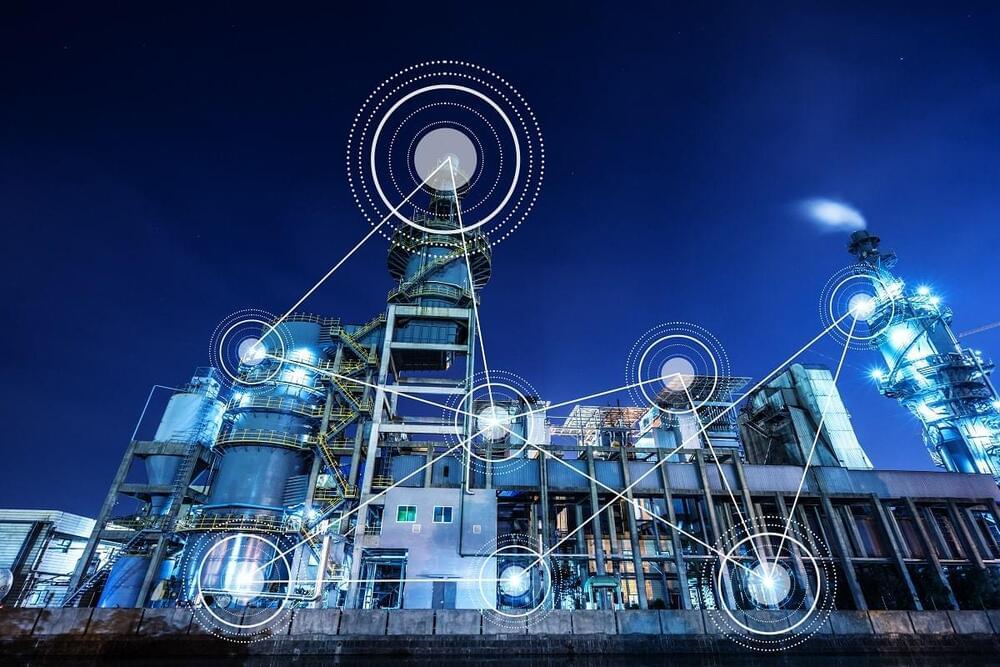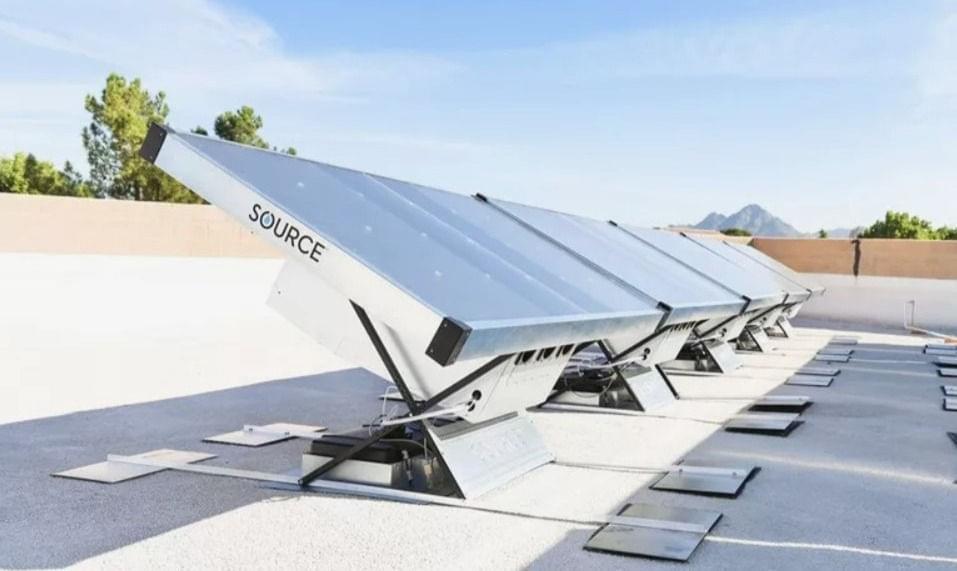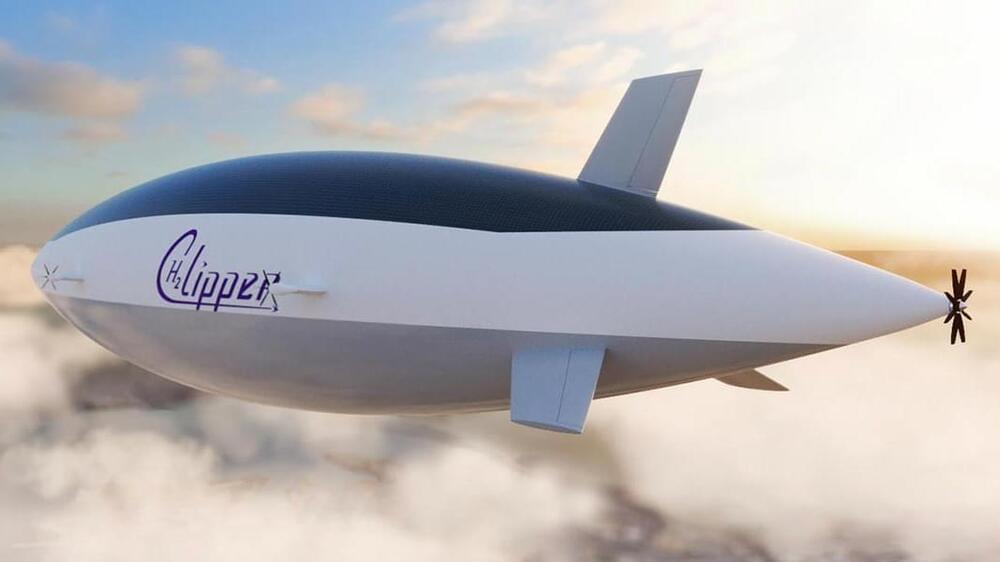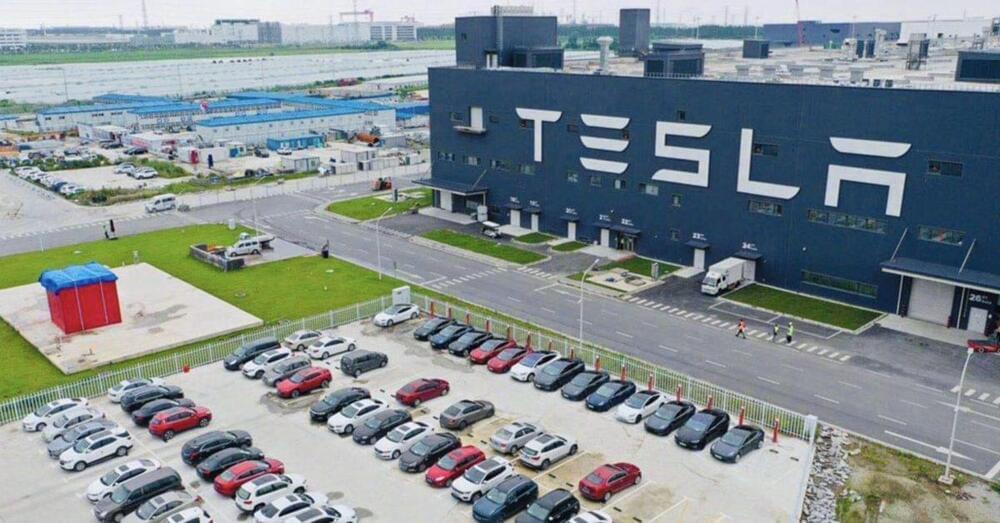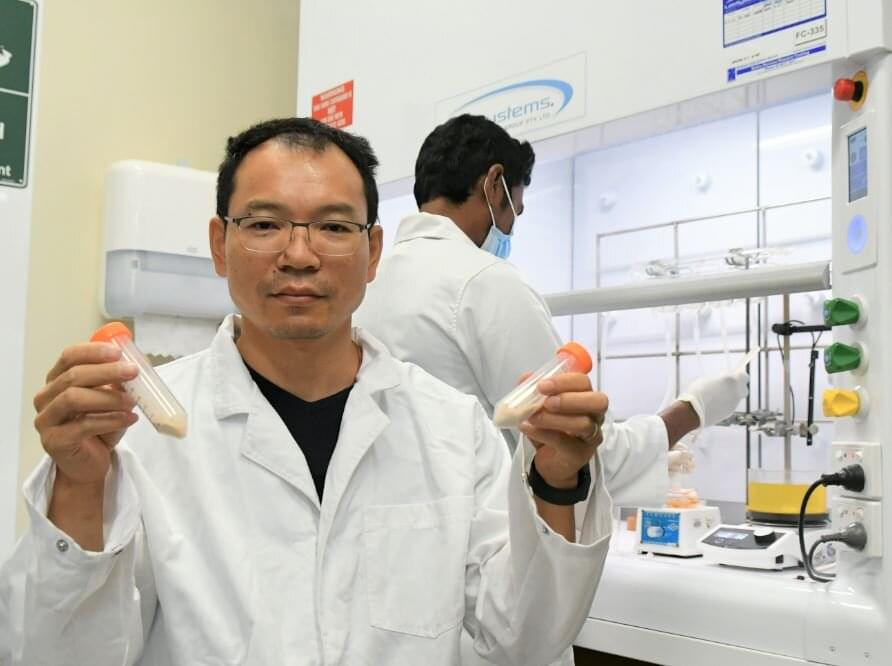What is a smart factory? It is a shop floor that adopts smart manufacturing, manufacturing that uses technologies and solutions—like AI and IoT—arising from Industry 4.0 to optimize the production process…
Industrial revolutions then, and now
To fully grasp what smart factory is and where it’s headed, we must first understand the history of manufacturing.
It all began with the First Industrial Revolution, which introduced machines to factories and farms in the mid-18th century. In the past 250 or so years, manufacturing has evolved from handwork to machines like the spinning jenny, from the rise of machines to automobiles which were first introduced to the general public by Henry Ford in 1908, and from new inventions to digital technologies that made semiconductors, computers and the Internet possible.
